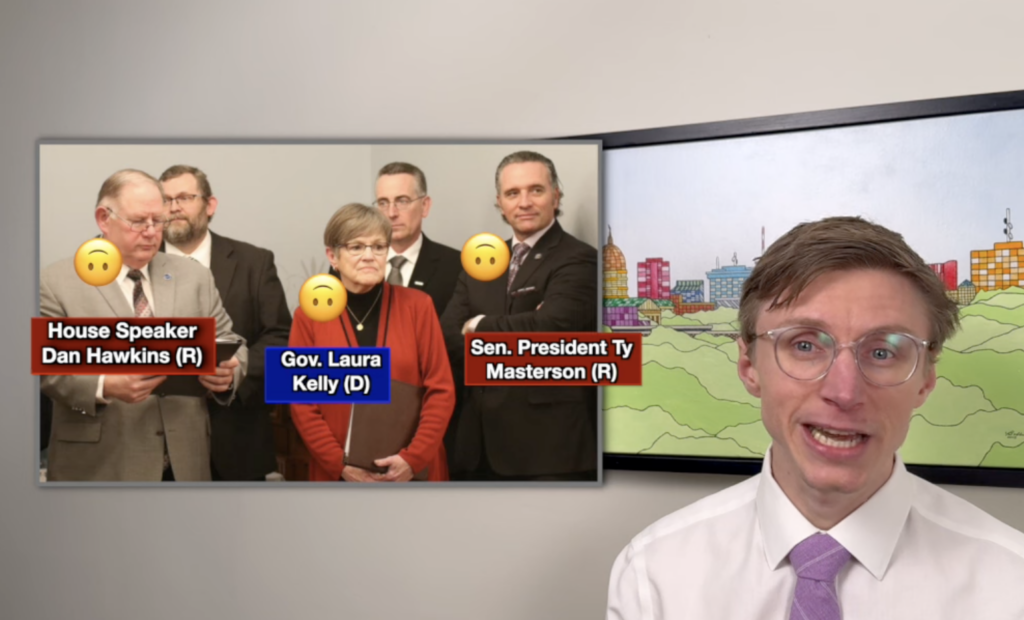Best of KC 2023: Property tax was met with a fight back
This month, we published The Pitch’s annual Best of Kansas City issue. You can browse the results of the readers’ poll here. The issue also included a list, compiled and written by our editorial staff, of some of our current favorite things about Kansas City in 2023. We’ll be publishing these items online throughout November.
A battle between the Jackson County Assessor’s Office and property owners continues to garner new twists, even as the looming Dec. 31 deadline creeps closer and closer.
The inciting incident came in an average 30% increase in property tax rates that led well over 40,000 citizens to file an appeal in late July. The backlash led the office to put together a shoddy website to “combat misinformation” and extend the appeal deadline. The increase occurred, in essence, because a new partnership with Tyler Technologies had replaced an old “legacy” assessment system that was ripe with error.
“For the last two decades, really, there has been hyper-deflated taxation, so it was just never really increased appropriately,” Jackson County Legislator Manny Abarca IV says. “So, through inaction, it basically created a cheaper way for development to occur in Kansas City. It kind of stimulates the retail market. You’re creating more opportunity for folks and providing tax relief because you’re not really taxing them.”
In early September, the department admitted it had discovered an error that impacted the values of hundreds of homeowners after KCTV5 reported on it weeks earlier. A few days later, Assessor Gail McCann Beatty said her office was scheduling around 300 appeal meetings per day, but that 50% weren’t showing up.
The Missouri State Auditor’s Office has launched an investigation into the matter. Meanwhile, municipalities continue to step forward to join a growing list of legal challengers, including Independence and Lee’s Summit. The situation has also spurred a widespread legislative effort to provide relief for the many seniors on a fixed income who may not be able to meet their increases.





